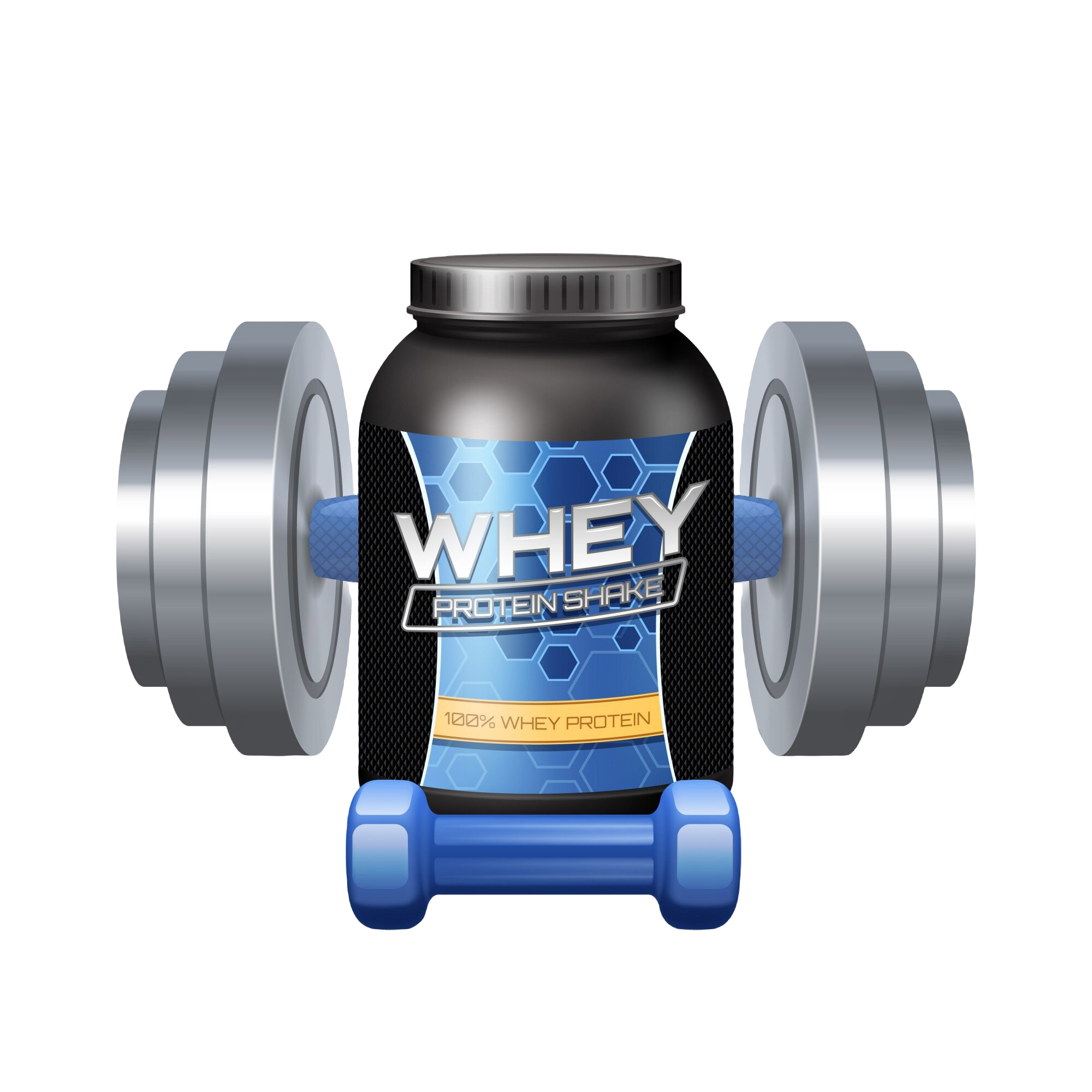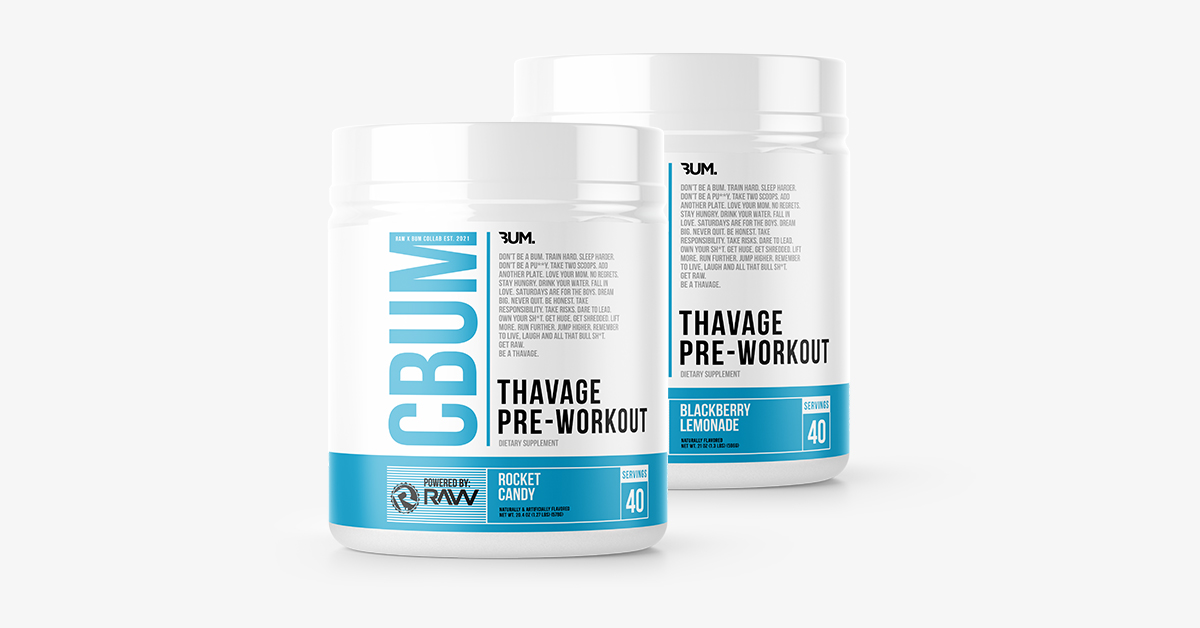
Why Isolate Protein is Essential for Your Workout and Recovery Routine
When it comes to post-workout nutrition, few supplements are as vital as isolate protein. Known for its high protein content and fast absorption rate, isolate protein has become the go-to for fitness enthusiasts, athletes, and beginners alike. This guide explores why isolate protein is essential in muscle growth and repair, the science behind its effectiveness, and how it differs from other protein supplements.
What Is Isolate Protein?
Isolate protein, specifically whey protein isolate, is a form of protein derived from milk but is more refined than other proteins. Through an advanced filtration process, it’s stripped of fats, carbs, and lactose, resulting in a product with over 90% pure protein content. This purity level makes it one of the most effective proteins for fitness enthusiasts focused on lean muscle building and muscle recovery.
Key Benefits of Isolate Protein for Workouts and Recovery
1. Rapid Absorption for Immediate Muscle Recovery
The primary advantage of isolate protein is its fast absorption rate. Post-exercise, your muscles are primed to absorb nutrients quickly. Since isolate protein is highly bioavailable, it begins working almost immediately, providing the amino acids essential for muscle repair. Compared to other proteins, its efficiency in speeding up workout recovery is unmatched.
2. High Protein Content for Muscle Growth
With over 90% protein per serving, isolate protein supplies a dense dose of protein that’s ideal for those seeking muscle growth and strength gains. By consuming isolate protein post-workout, you give your muscles the essential building blocks they need to repair and grow stronger, which is key for anyone looking to progress in strength or bodybuilding.
3. Lower in Carbs and Fat for Lean Muscle Building
Isolate protein is low in fats and carbs, making it an ideal choice for those aiming to build lean muscle without adding excess calories. This composition makes it a preferred choice for individuals on strict calorie or weight loss plans who still want to prioritize muscle retention and growth.
4. Lactose-Free Option for Sensitive Diets
Many whey protein supplements contain lactose, which can cause discomfort for lactose-intolerant individuals. Since isolate protein is heavily filtered, it is often lactose-free, offering a safe alternative for those with digestive sensitivities.
Comparing Isolate Protein with Other Proteins
Isolate Protein vs. Whey Protein Concentrate
While both are derived from whey, isolate protein undergoes more filtration than whey concentrate, making it more pure and faster-absorbing. Whey concentrate has a slightly lower protein content and can contain more carbs, fats, and lactose. This makes isolate protein the preferred choice for those focused on efficient protein intake without extra calories.
Isolate Protein vs. Casein Protein
Unlike isolate protein, casein protein digests slowly, providing a steady release of amino acids over several hours. Casein is often recommended for nighttime use, as it keeps muscles nourished during sleep. However, isolate protein’s quick absorption makes it the better option for immediate post-workout nutrition.
How to Use Isolate Protein for Optimal Results
When to Take It
For best results, consume isolate protein within 30 minutes after your workout to take advantage of the “anabolic window.” This period is when your muscles are most receptive to nutrients, promoting faster recovery and better muscle growth.
Ideal Dosage
Most fitness experts recommend 20-30 grams of isolate protein after a workout. The exact dosage will depend on your weight, goals, and overall protein intake from food sources.
Ways to Incorporate Isolate Protein
You can enjoy isolate protein in various ways. Blend it into a smoothie, mix it with water, or add it to foods like oatmeal or yogurt. With its versatile, neutral taste, it complements many recipes without overpowering them.
Addressing Common Questions About Isolate Protein
1. Is isolate protein better than whey protein for post-workout recovery?
Yes. Due to its high purity and fast absorption rate, isolate protein is often considered superior for post-workout recovery, especially for individuals focused on immediate muscle repair.
2. Can isolate protein help with weight loss and lean muscle building?
Absolutely. Isolate protein is low in carbs and fats, making it ideal for lean muscle building and weight loss plans.
3. Is isolate protein necessary for beginners in fitness?
While other protein sources work for beginners, isolate protein’s benefits in recovery and muscle growth can accelerate progress for those serious about fitness.
4. Is isolate protein safe for everyday use, even on rest days?
Yes, you can consume isolate protein daily to meet your protein needs, whether or not you’re working out.
Here’s how Isolate Protein works in synergy with each related product to enhance fitness outcomes and offer tailored nutrition solutions:
-
Protein Cookie: Protein cookies deliver a satisfying, portable protein source perfect for on-the-go snacking. When combined with isolate protein shakes post-workout, they boost total daily protein intake, helping meet high-protein goals essential for muscle growth and recovery.
-
Vegan Protein: For those who prefer plant-based diets, vegan protein complements isolate protein by providing an alternative source that avoids dairy. While isolate protein supports muscle recovery due to its rapid absorption, vegan protein adds flexibility to the diet, allowing users to alternate protein sources based on individual dietary needs.
-
CBUM Itholate Protein: This whey isolate product offers exceptional purity and aligns closely with traditional isolate protein benefits, supporting advanced recovery and lean muscle growth. It appeals particularly to athletes seeking optimized recovery with minimal carbs and fat.
-
Protein (General): As part of a general protein category, isolate protein stands out for its high bioavailability and purity. This makes it a foundational supplement for those aiming to meet their protein needs efficiently, without additional calories from fat or carbohydrates.
-
Pre-Workout: Pre-workout supplements prepare the body for exercise, enhancing energy, strength, and endurance. Taken with isolate protein post-workout, they create a balanced approach by energizing muscles before and aiding repair afterward, supporting a full workout regimen.
-
Whey Protein: Whey protein includes both concentrate and isolate forms. Isolate protein is often the choice for those who need low-fat, low-carb options, which are especially valuable for lean muscle gain and faster recovery without the extra calories present in concentrate forms.
-
Vegan Protein (Again): Vegan protein is an ideal option for plant-based individuals and can complement isolate protein in mixed-diet plans, providing flexibility in protein choices that support diverse dietary preferences.
-
Protein Cookies (Again): These snacks add convenience and practicality, ideal for between-meal protein boosts. When consumed alongside isolate protein, they ensure that protein needs are met throughout the day, maximizing the muscle-sparing and growth effects.
-
CBUM Series Protein: This line, which includes high-quality isolates, provides precision in recovery, especially beneficial for users focused on building lean muscle mass efficiently. This product line and isolate protein serve similar goals by offering targeted support for serious athletes and fitness enthusiasts who need pure, high-impact protein.
Incorporating Isolate Protein in Your Routine
When it comes to improving workout recovery and building lean muscle, isolate protein stands out as one of the most effective supplements. From its rapid absorption to its high protein content, isolate protein can be a powerful ally in any fitness routine, helping you reach your goals faster and maintain a healthy, active lifestyle.
Whether you’re a seasoned athlete or just starting, isolate protein is a supplement worth considering for workout performance and muscle growth. Remember, the best results come from pairing it with a balanced diet and a well-rounded fitness plan.



Post Comment